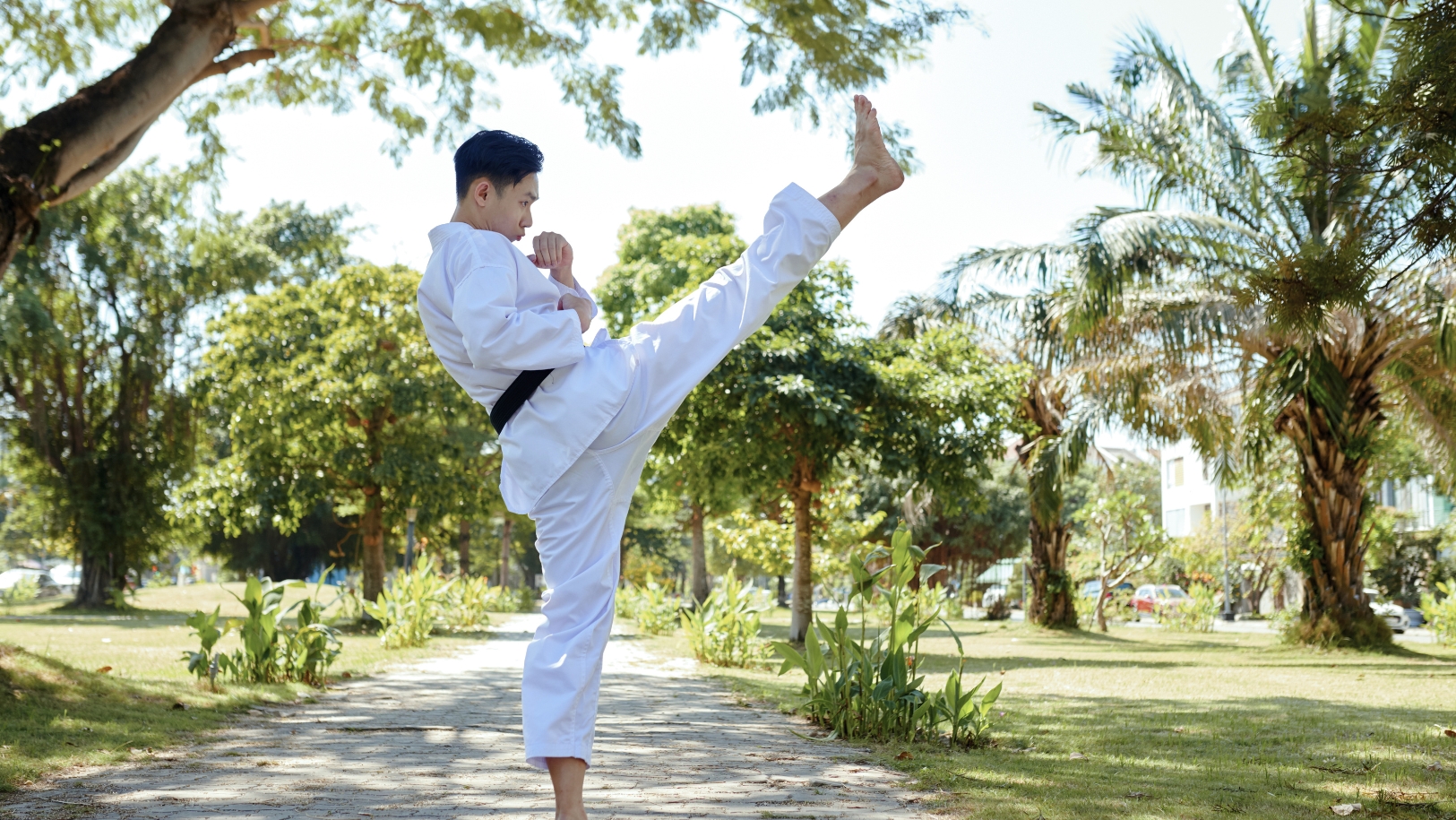Rektor Universitas Negeri Semarang (UNNES) Prof Dr Fathur Rokhman MHum meresmikan Rumah Aman Pencegahan dan Penanggulangan Kekerasan Seksual (PPKS) sebagai bentuk upaya perlindungan korban kekerasan seksual baik dosen, tenaga kependidikan, dan mahasiswa.
Prof Fathur mengatakan Rumah PPKS ini merupakan tanda komitmen UNNES dalam mendukung perlindungan penyintas kekerasan khususnya di lingkungan kampusnya.
“Penurunan kekerasan seksual menjadi salah satu arahan prioritas dari Presiden Joko Widodo yang perlu diselesaikan. Selain itu juga ini merupakan tanda cepatnya UNNES dalam merespon Menteri Pendidikan, Kebudayaan, Riset, dan Teknologi Nadiem Makarim yang telah menerbitkan Permendikbud Ristek nomer 30 tahun 2021 tentang pencegahan dan penanganan kekerasan seksual,” kata Rektor UNNES bertempat di Gedung Rumah Ilmu, Senin (15/8).
Prof Fathur menginginkan demi menciptakan iklim yang bebas dari kekerasan seksual, UNNES telah menerbitkan peraturan Rektor tentang Pencegahan dan Penanganan Kekerasan Seksualitas di UNNES.
“Kampus merupakan garda depan untuk menciptakan iklim Pendidikan yang responsive gender dan mengawal pencegahan terjadinya kekerasan atas nama apapun,” jelas Prof Fathur.
Prof Fathur menambahkan, bahwa segala kekerasan dalam bentuk apapun harus dihapuskan karena akan menciderai kemanusiaan.
“Saya berharap, dengan didirikannya Rumah Aman Pencegahan dan Penanggulangan Kekerasan Seksual di UNNES ini menjadikan iklim akademik di kampus kita tercinta merdeka dari kekerasan dam mahasiswa, tendi, serta dosen merasakan atmosfer yang aman dan nyaman,” tegasnya.
Ketua Panitia Seleksi Satgas PPKS UNNES Dr Wirawan Sumbodo MT menjelaskan tugas rumah aman PPKS ini adalah memastikan korban kekerasan mendapatkan pelayanan terbaik agar dapat pulih dan mendapatkan keadilan.
“Itu menjadi salah satu tugas penting Ruman Aman PPKS UNNES. Saya berharap dengan hadirnya Rumah Aman PPKS UNNES ini kepentingan terbaik bagi korban dan dapat menjadi inspirasi bagi daerah lain,” tegasnya.
Sebelumnya, UNNES menyelenggarakan Uji Publik Panitia Seleksi Satuan Tugas Pencegahan dan Penanganan Kekerasan Seksual di lingkungan kampus. Pada seleksi tersebut terpilih 9 Satuan Tugas Pencegahan dan Penanganan Kekerasan Seksual yang terdiri atas dosen, tendik, maupun mahasiswa.



